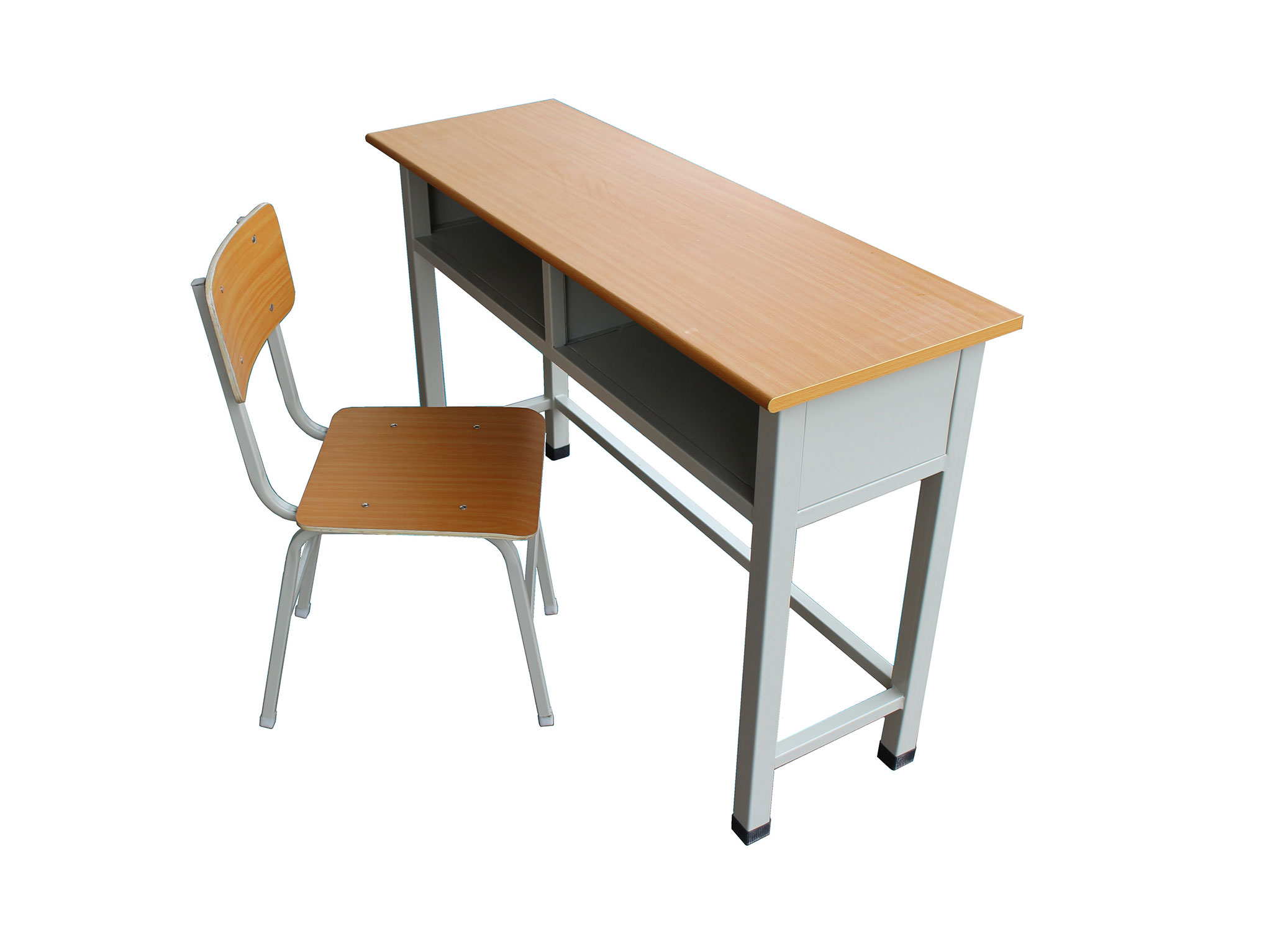Student Desk and Chair Ergonomics

Okay, so like, your desk setup is *major* for your health, especially if you’re spending hours studying. Seriously, bad posture and an uncomfortable chair can totally wreck your back and neck. Let’s get you set up right so you can slay those exams without feeling like a total wreck.
Ideal Ergonomic Setup
Yo, the key is to create a workspace that’s all about comfort and support. Think about it like this: your body’s a super-expensive sports car—you gotta treat it right! An ideal setup means your chair supports your lower back, your feet are flat on the floor, and your elbows are at a 90-degree angle when typing. Your monitor should be at eye level to prevent neck strain. A height-adjustable desk is, like, totally clutch because it lets you switch things up depending on whether you’re typing or drawing. Adjusting your chair height is also crucial—you want your thighs to be parallel to the ground. If your desk is too high, you’ll hunch; too low, and you’ll slouch. It’s all about finding that sweet spot.
Comparison of Chair Types
Here’s the lowdown on different chairs, so you can pick the one that’s right for you:
| Chair Type | Back Support | Adjustability | Ergonomic Features |
|---|---|---|---|
| Standard Chair | Minimal to none; often straight back | Usually none; fixed height | Low; may contribute to poor posture |
| Task Chair | Moderate; often with lumbar support | Adjustable height; some models have adjustable armrests | Moderate; better than standard chairs but may lack advanced features |
| Ergonomic Chair | Excellent; usually with adjustable lumbar support and headrest | Highly adjustable; height, armrests, backrest, and sometimes even seat depth | High; designed to promote good posture and reduce strain |
Negative Health Consequences of Poor Setup
Dude, seriously, using a terrible desk and chair setup is a recipe for disaster. We’re talking major back pain, neck pain, headaches, and even carpal tunnel syndrome. Long-term, this can lead to chronic musculoskeletal issues, which is, like, *totally* not cool. Think about it: slouching all day puts extra strain on your spine, leading to things like scoliosis or herniated discs. It’s not worth it!
Checklist for Purchasing a Student Desk and Chair
Before you drop your hard-earned cash, check this list to make sure you’re getting a setup that’s gonna treat your body right:
- Adjustable Height: Both the desk and chair should be adjustable to fit your body.
- Lumbar Support: The chair needs serious lumbar support to keep your back happy.
- Comfortable Seat: The seat should be wide enough and well-padded.
- Armrests (Optional but Helpful): Armrests can help reduce shoulder strain, but make sure they don’t interfere with your posture.
- Stable Base: The chair and desk should be sturdy and not wobble.
- Proper Monitor Placement: Ensure your monitor is at eye level to avoid neck strain.
